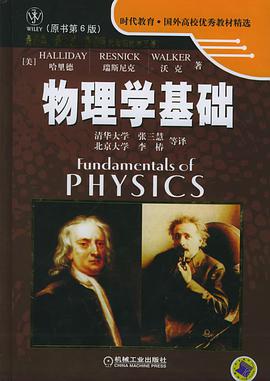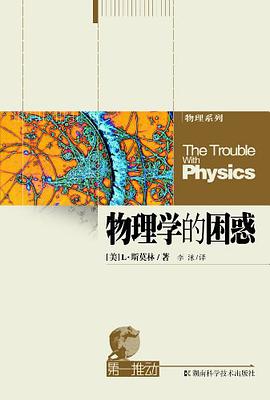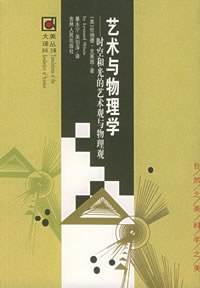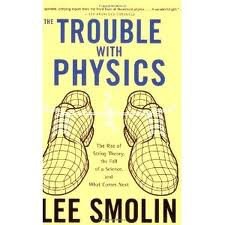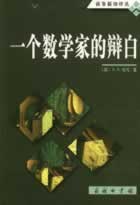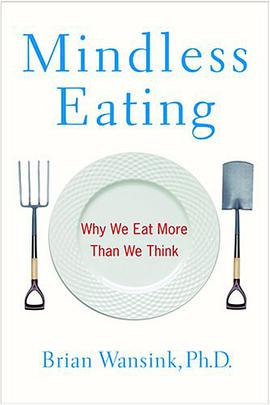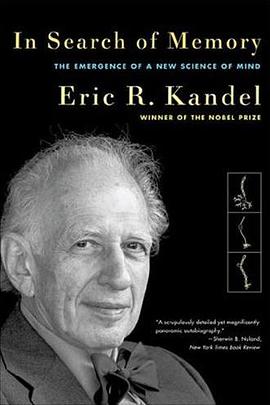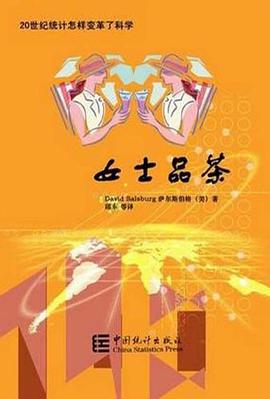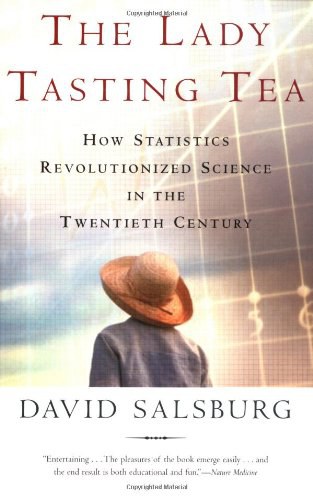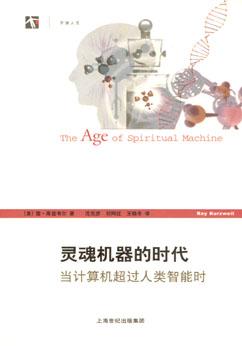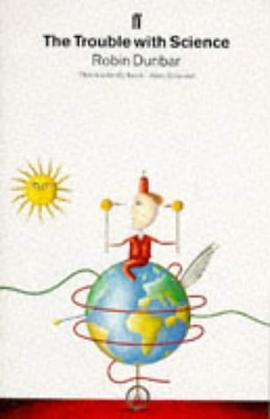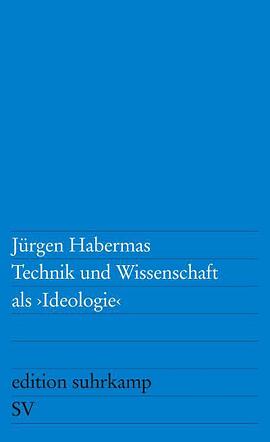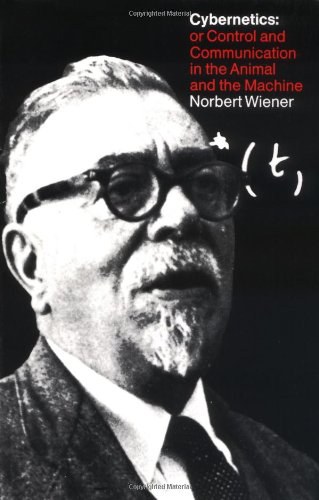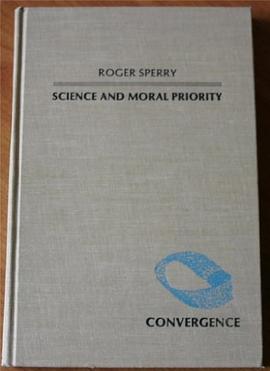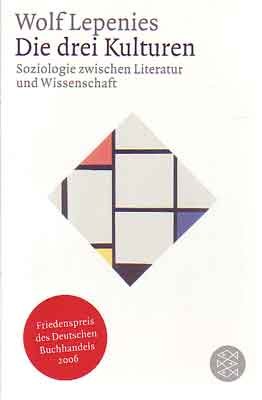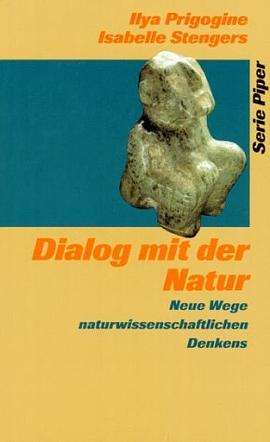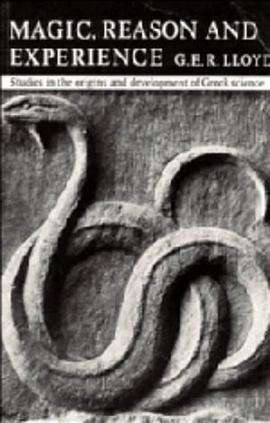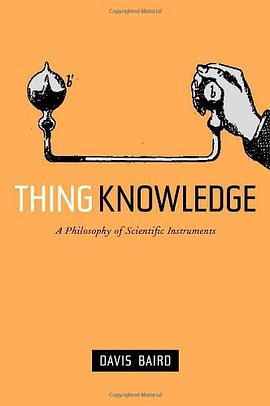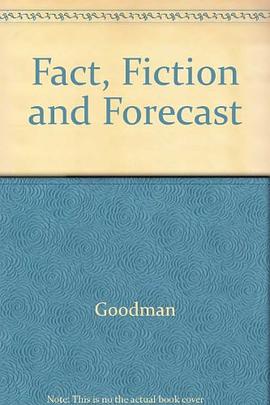From Publishers Weekly
When, as a medical student in the 1950s, Kandel said he wanted to locate the ego and id in the brain, his mentor told him he was overreaching, that the brain had to be studied "cell by cell." After his initial dismay, Kandel took on the challenge and in 2000 was awarded a Nobel Prize for his groundbreaking research showing how memory is encoded in the brain's neuronal circuits. Kandel's journey into the brain spans five decades, beginning in the era of early research into the role of electrical currents flowing through neurons and ending in the age of genetic engineering. It took him from early studies of reflexes in the lowly squid to the founding of a bioengineering firm whose work could some day develop treatments for Alzheimer's and on to a rudimentary understanding of the cellular mechanisms underlying mental illness. Kandel's life also took him on another journey: from Vienna, which his Jewish family fled after the Anschluss, to New York City and, decades later, on visits back to Vienna, where he boldly confronted Austria's unwillingness to look at its collusion in the Final Solution. For anyone considering a career in science, the early part of this intellectual autobiography presents a fascinating portrait of a scientist's formation: learning to trust his instincts on what research to pursue and how to pose a researchable question and formulate an experiment. Much of the science discussion is too dense for the average reader. But for anyone interested in the relationship between the mind and the brain, this is an important account of a creative and highly fruitful career. 50 b&w illus. (Mar.)
Copyright © Reed Business Information, a division of Reed Elsevier Inc. All rights reserved. --This text refers to the Hardcover edition.
From Scientific American
Kandel, who received the Nobel Prize in 2000, traces advances in understanding learning and memory. His own groundbreaking findings showed that learning produces changes in behavior by modifying the strength of connections between nerve cells. He conveys his immense grasp of the science beautifully, but it is his personal recollections that make the book especially compelling. He begins with his searing childhood memories of the German annexation of Austria and his family’s escape to the U.S. when he was nine. And he ends with a conference he organized in Vienna to examine the strange reluctance of Austria (unlike Germany) to acknowledge its role in the Holocaust. One comes away in awe of the scientific advances—and of a life well and fully lived.
Editors of Scientific American --This text refers to the Hardcover edition.
